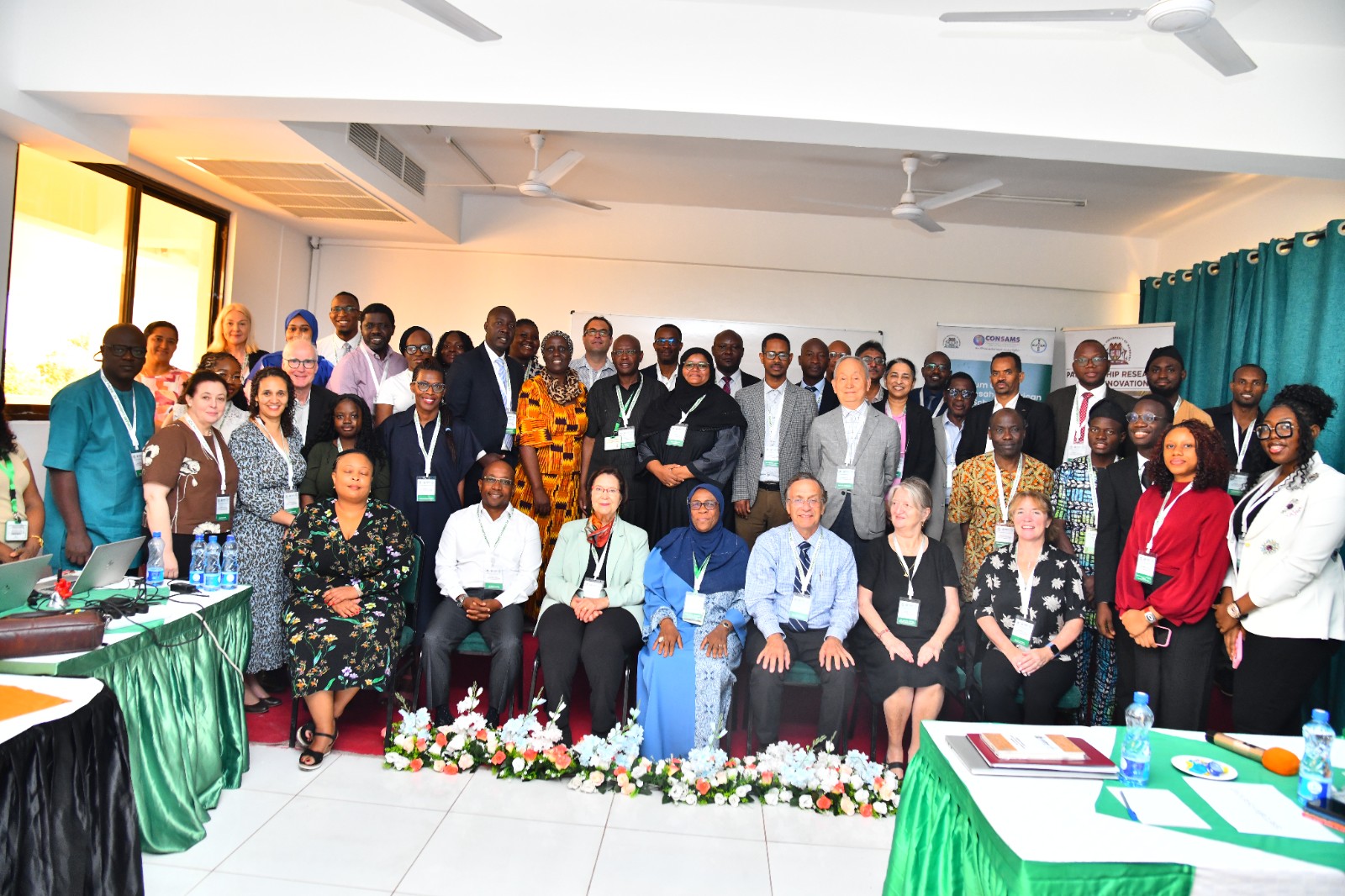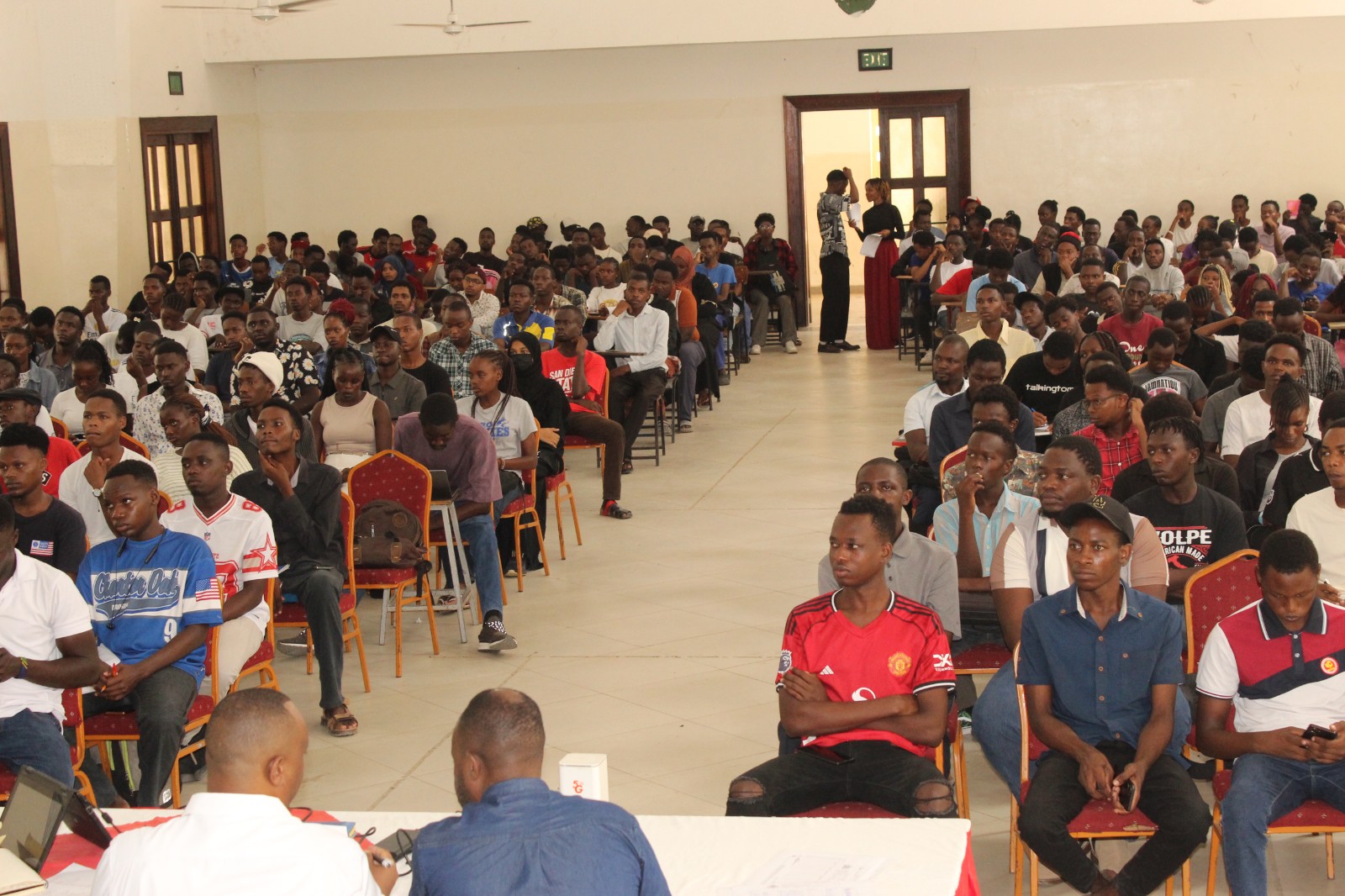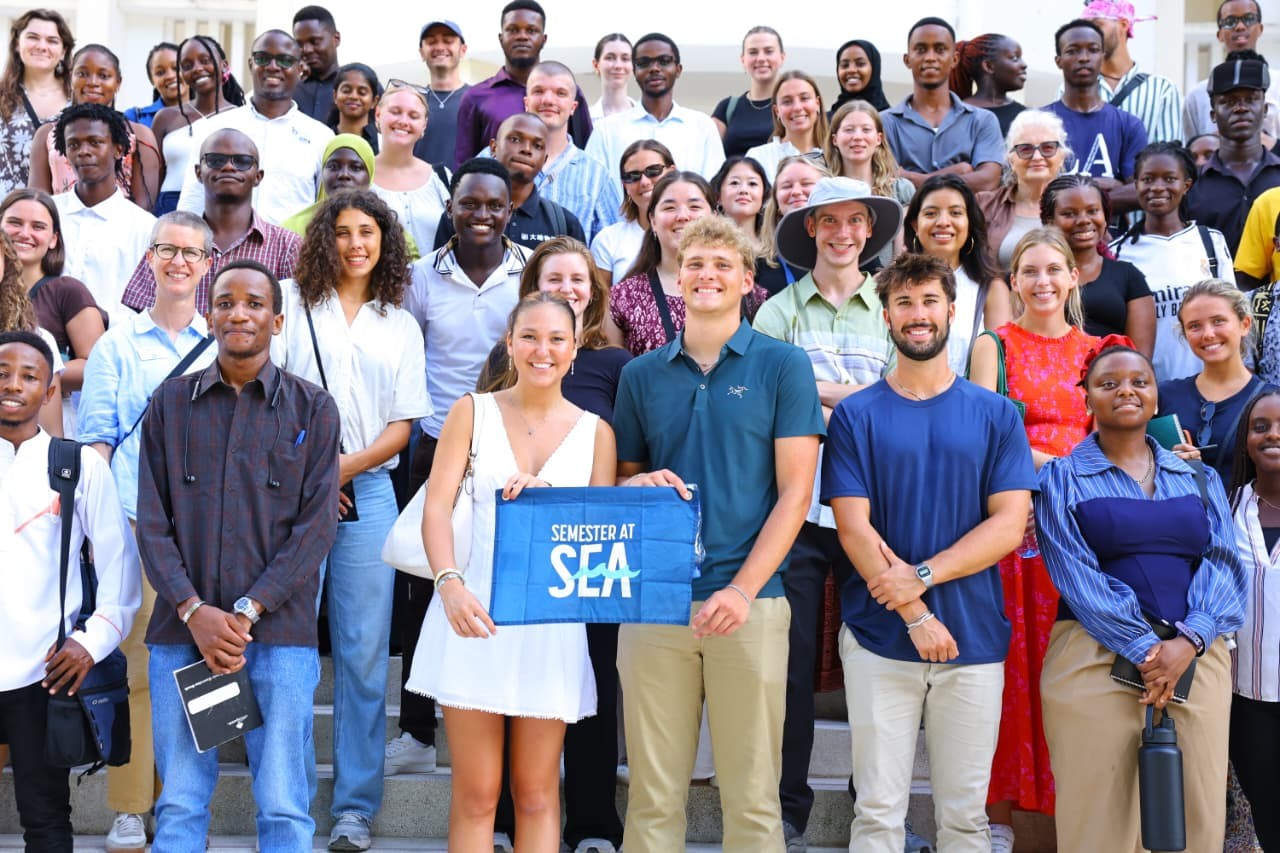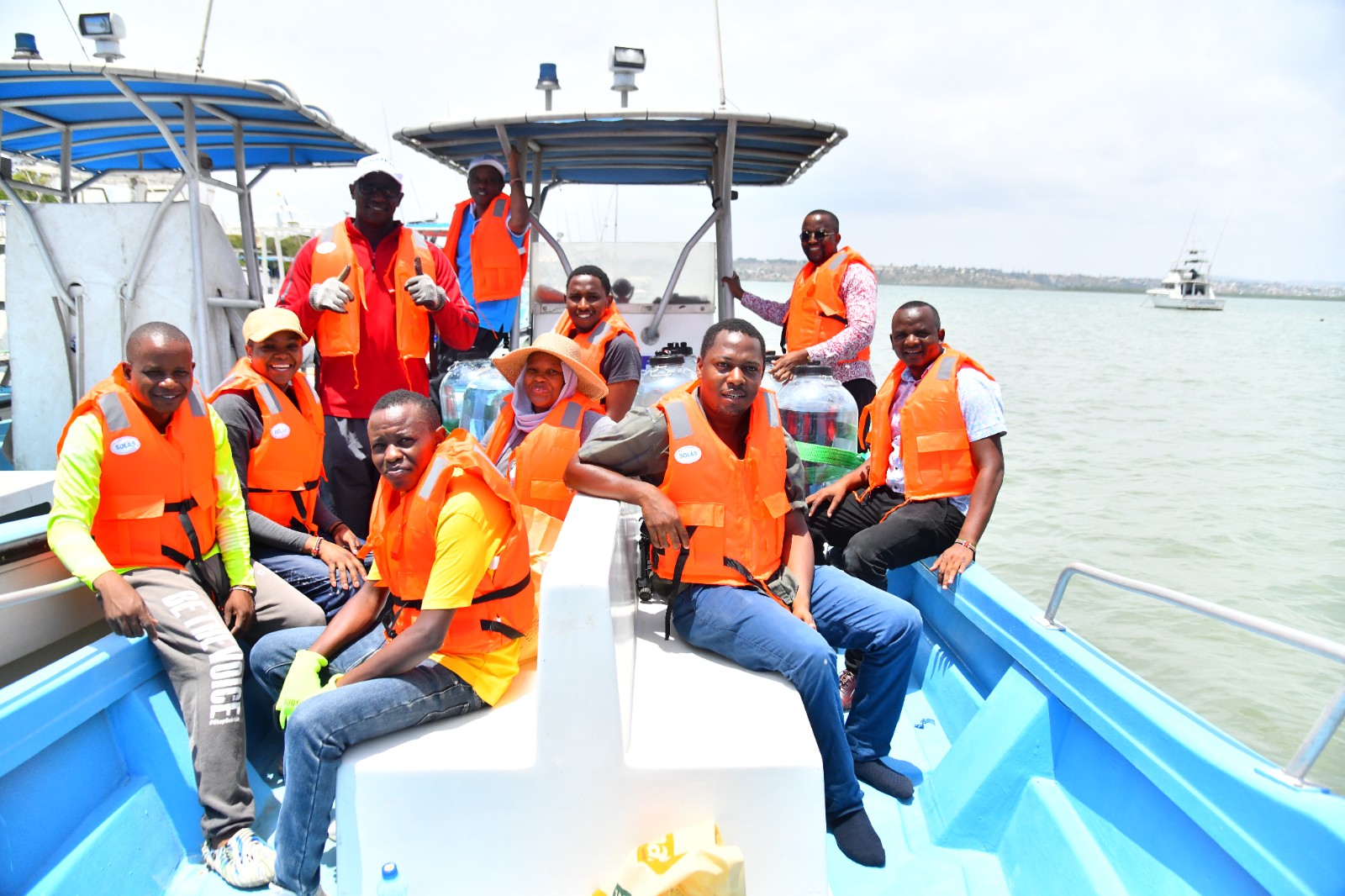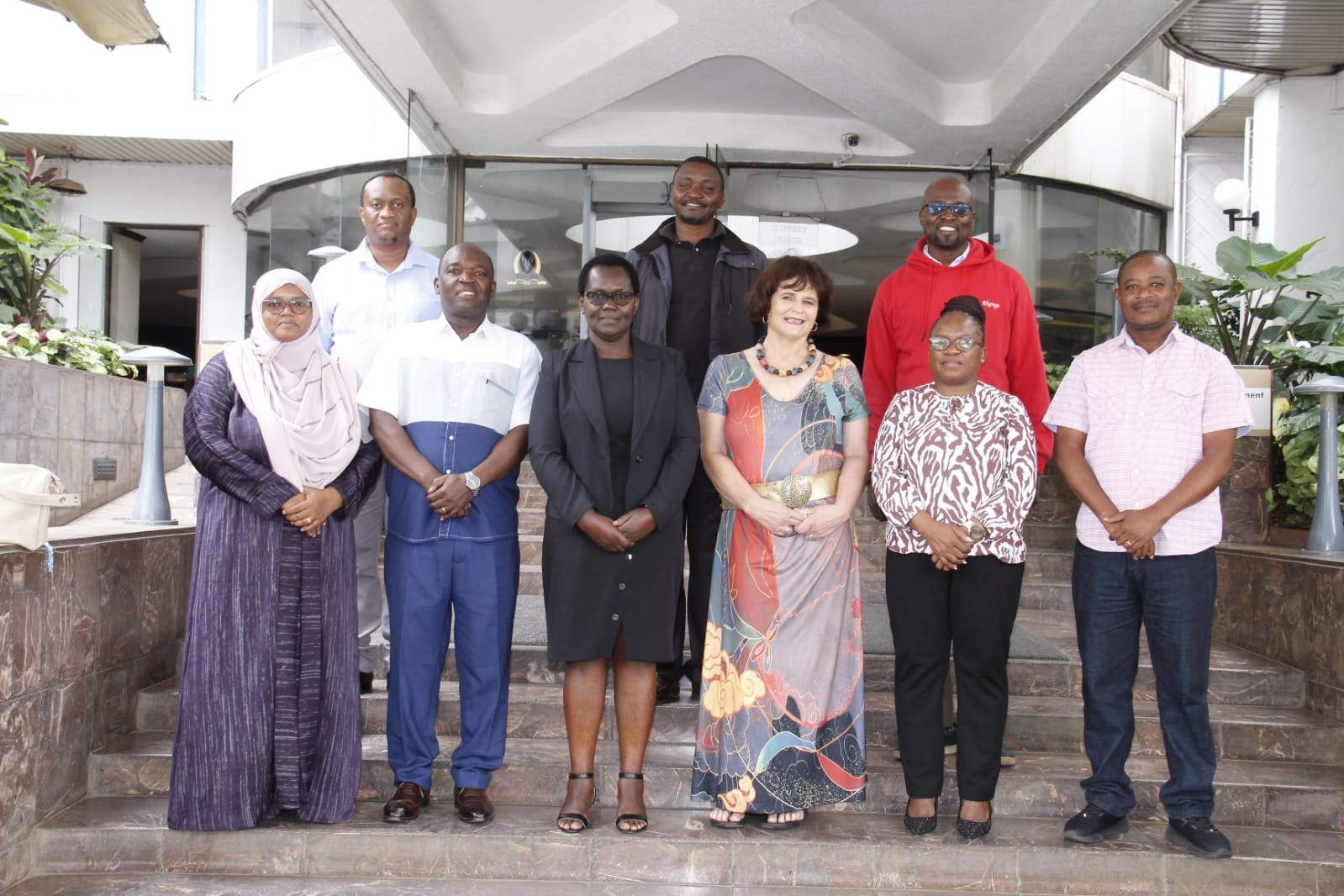The Technical University of Mombasa (TUM) has officially kicked off the 2025 Consortium of New Sub-Saharan African Medical Schools (CONSAMS) Conference, a three-day gathering bringing together medical educators and delegates from Namibia, Uganda, South Africa, Nigeria, Kenya, Somaliland, the United States, Belgium, and Finland, among others. Centered on the theme “Transforming Health Futures: Integrating Training, Technology and Planetary Well Being", the conference is focused on advancing transformative, contextually relevant, and socially responsive medical education across the continent.
CONSAMS, led by President Dr. Felicia Christians, aims to enhance competency-based medical education tailored to the needs of individual countries. It focuses on fostering exchanges among medical schools and health networks, while strengthening partnerships both within Africa and with global partners. Its vision is to train a sufficient number of health professionals for Africa, with a mission to deliver innovative solutions in medical education, training, and research for new medical and health professional schools in the region.
Several TUM senior officials and members of the CONSAMS local organizing team were present to welcome the delegates, including Prof. Laila Abubakar, Vice Chancellor; Prof. Peter Gichangi, Deputy Vice Chancellor for Academic, Research, and Extension (ARE); and Prof. Emilly Rogena, Dean of the School of Medicine and Health Sciences. Additionally, Prof. Rahma Udu, Registrar for Partnership, Research, and Innovation; Prof. Marleen Temmerman, Representative from the University of Ghent and a member of the steering committee for the TUM School of Medicine; Dr. Sylvia Mutua, Director of Quality Assurance; Dr. Shivani Patel, Registrar of Administration and Planning; Dr. Cromwell Kibiti, Registrar of Academic Affairs; and Mr. Salim Chiro, Head of Corporate Communications also attended. Their collective presence underscored the importance of the event.
In her opening remarks, Prof. Laila Abubakar, Vice Chancellor of TUM, described the conference as historic, coinciding with the launch of TUM’s new School of Medicine and Health Sciences. She emphasized that training doctors is not just about clinical skills, but also about research, innovation, and community impact.
Prof. Peter Gichangi, Deputy Vice Chancellor Academic, Research and Extension (ARE), welcomed participants and new students, highlighting the importance of a forward-looking curriculum and creative approaches to address Africa’s shortage of doctors. He called for innovations such as preparing students to serve as adjunct lecturers, embracing online platforms, and investing in faculty development.
Prof. Emilly Rogena, the newly-appointed Dean of the School of Medicine and Health Sciences, noted that as the youngest member of the consortium, TUM is privileged to learn from more established institutions. She highlighted that the theme, “Integrating Training, Technology and Planetary Wellbeing/One Health in Medical Education” resonates with TUM’s mission of sharing knowledge with communities and stakeholders.
Dr. Felicia Christians, President of CONSAMS, emphasized the importance of strengthening how the consortium communicates its agenda and aligning activities with its broader mission.
Dr. Richard Chivaka, Chair of the Board of Trustees, reminded delegates that incremental change is not the same as transformation, calling for deeper integration of reforms across medical schools.
The keynote address was delivered by Dr. Anthea Hansen of Stellenbosch University on “Understandings and Practices: Towards Socially Responsive Curricula for the Health Professions.” She stressed that CONSAMS is about shifting towards curricula that are both socially relevant and contextually grounded, ensuring medical training meets the real needs of African communities.
Over the next three days, delegates will engage in plenary discussions, world cafés, and breakout sessions covering a wide range of topics including One Health and climate change, innovations in curriculum and content delivery, the role of AI and empathy in medical education, tackling burnout in postgraduate training, and strengthening sustainable collaborations across African medical schools. The sessions will also focus on benchmarking governance practices, promoting regional faculty and student exchange, exploring research funding mechanisms, and positioning medical education as a development intervention.
The conference runs until Wednesday, 3rd September 2025, concluding with a formal closing ceremony at TUM.

